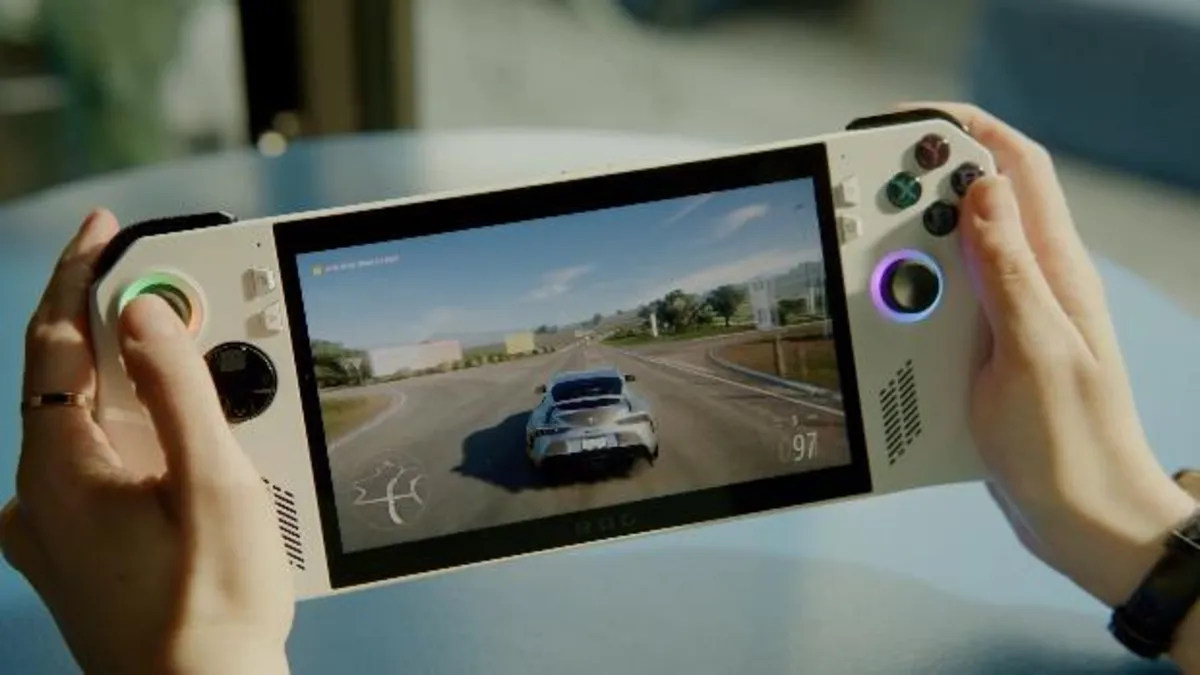
In a significant move within the gaming industry, Microsoft is reportedly putting its ambitious plans for an Xbox native handheld device on hold. Instead, the tech giant is prioritizing the optimization of Windows 11 for third-party handheld gaming PCs. This decision aligns with ongoing developments in the handheld gaming space, particularly in response to the success of Valve's SteamOS.
Despite shelving the Xbox native handheld for the time being, Microsoft is still collaborating with Asus on a project dubbed Project Kennan. This new handheld initiative aims to enhance the Xbox experience on portable devices, highlighting Microsoft's commitment to remain competitive in the handheld gaming market. The collaboration comes at a time when Valve's SteamOS has gained traction, particularly after its compatibility with non-Steam Deck handhelds.
The shift in Microsoft's strategy follows the recent launch of the Lenovo Legion Go S, an officially licensed SteamOS handheld gaming PC. Reports suggest that this device outperformed its Windows 11 counterparts in gaming performance, prompting Microsoft to rethink its approach. Currently, Windows 11 lacks a dedicated 'handheld' mode, which is essential for optimizing gaming on portable devices. While tools like Armoury Crate and the Xbox Game Bar provide some functionality, they have struggled to compete with the streamlined experience offered by SteamOS.
This development serves as a powerful reminder of the impact that user feedback can have on corporate decisions. Microsoft's reported shift in focus illustrates that gamer frustrations, particularly concerning Windows 11 and its limitations, have not gone unnoticed. The gaming community's vocal response to issues such as rising game prices and subscription service models has played a significant role in prompting companies like Microsoft, Sony, and Nintendo to reconsider their strategies.
As gamers, it is crucial to continue voicing our concerns. The rise in game prices and the need for fair subscription models are just a few issues that highlight the importance of consumer feedback. When gamers articulate their dissatisfaction, it can lead to substantial changes in the industry. Microsoft's renewed focus on handheld gaming optimization is a testament to the power of community voices in shaping the future of gaming.
With Valve's success in the handheld gaming market, Microsoft is now compelled to prioritize the development of Windows 11 for handheld devices, paving the way for better gaming experiences on the go. As Project Kennan progresses, it may set new standards for portable gaming, reinforcing the idea that the gaming community's feedback is essential for driving innovation and improvement in this rapidly evolving industry.